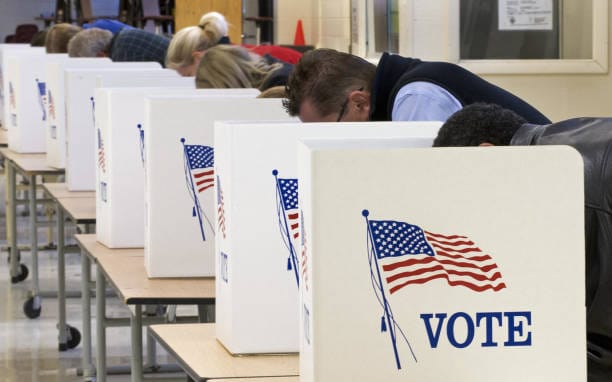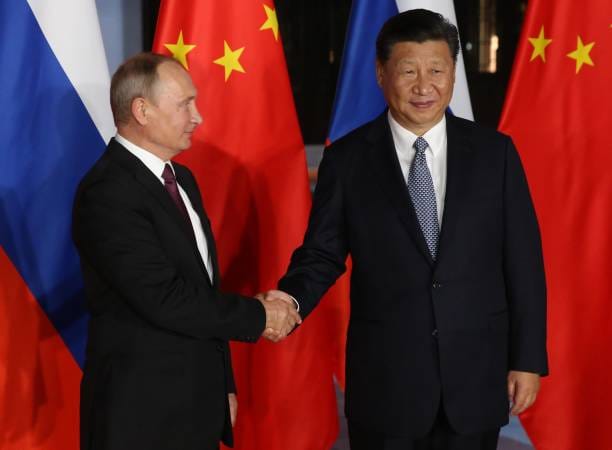Young Voters Challenge White House Over Israel-Hamas Conflict

As the Israel-Hamas conflict intensifies, a new political narrative unfolds in the United States. The Biden administration finds itself at a crossroads, facing mounting pressure from progressive and young voters who are increasingly disillusioned with the government's stance on the ongoing war in Gaza. This demographic, crucial to the Democratic Party's base, is voicing their discontent loud and clear, setting the stage for a potential shift in the political landscape as the presidential election looms.
The conflict has resonated deeply with young voters, particularly within the Muslim American community, who view the situation in Gaza as a litmus test for the administration's foreign policy principles. The recent surge in protest votes during the primaries signals a growing rift between the White House and a significant portion of the electorate. In states like Michigan and Minnesota, with sizable Muslim American populations, the percentage of uncommitted votes has spiked, reflecting the community's stance on the administration's handling of the war.
This sentiment was further amplified by the tragic incident on April 1, where an Israeli military bombing resulted in the death of seven aid workers, including an American, delivering supplies for World Central Kitchen. The event has reignited anger and sparked a broader conversation about the United States' role in international conflicts.
As the administration grapples with this internal challenge, it's clear that the Israel-Hamas war is not just a foreign policy issue but a domestic political one that could have far-reaching implications for the upcoming elections. The voices of young and progressive voters are becoming impossible to ignore, and their call for a ceasefire and a reassessment of the U.S. position on the conflict could very well shape the future of American politics.



